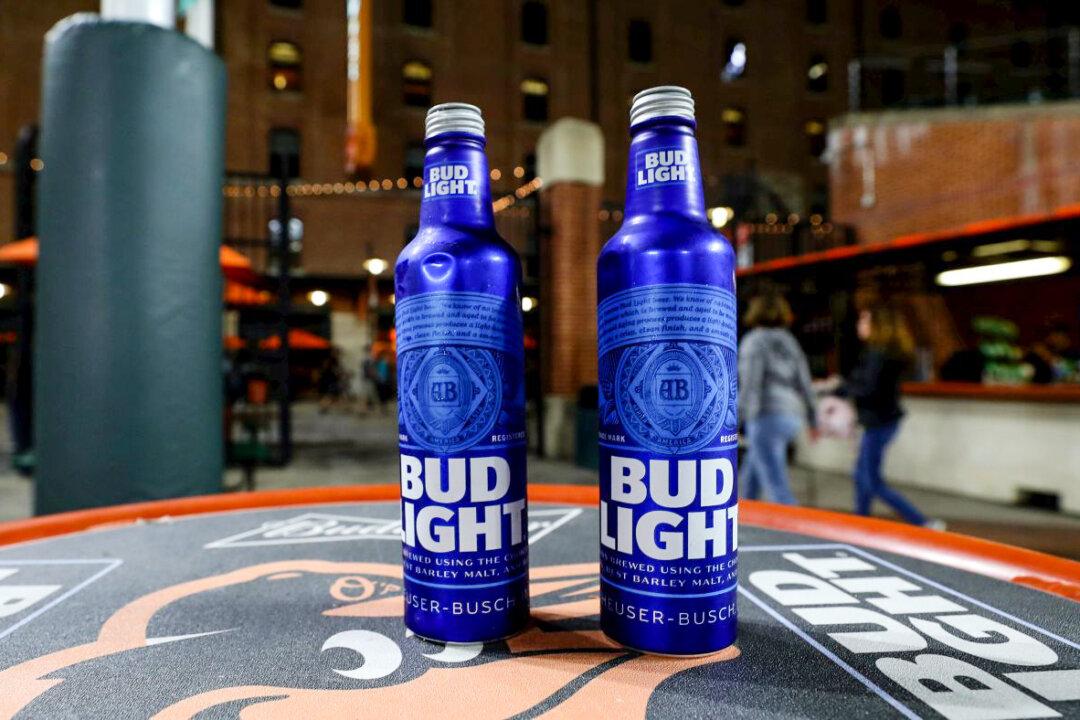Bud Light is no longer the top-selling beer brand in the United States amid a boycott over the company’s decision to produce a promotional beer can for transgender influencer Dylan Mulvaney.
Industry figures provided to Newsweek show that Modelo Especial’s sales topped $333 million in the four weeks that ended on May 28, compared with Bud Light’s $297 million. The Bud Light numbers represent a 22.8 percent drop year-over-year, while Modelo’s sales are up 15.6 percent in the same time period, figures from Circana and IRI show.





